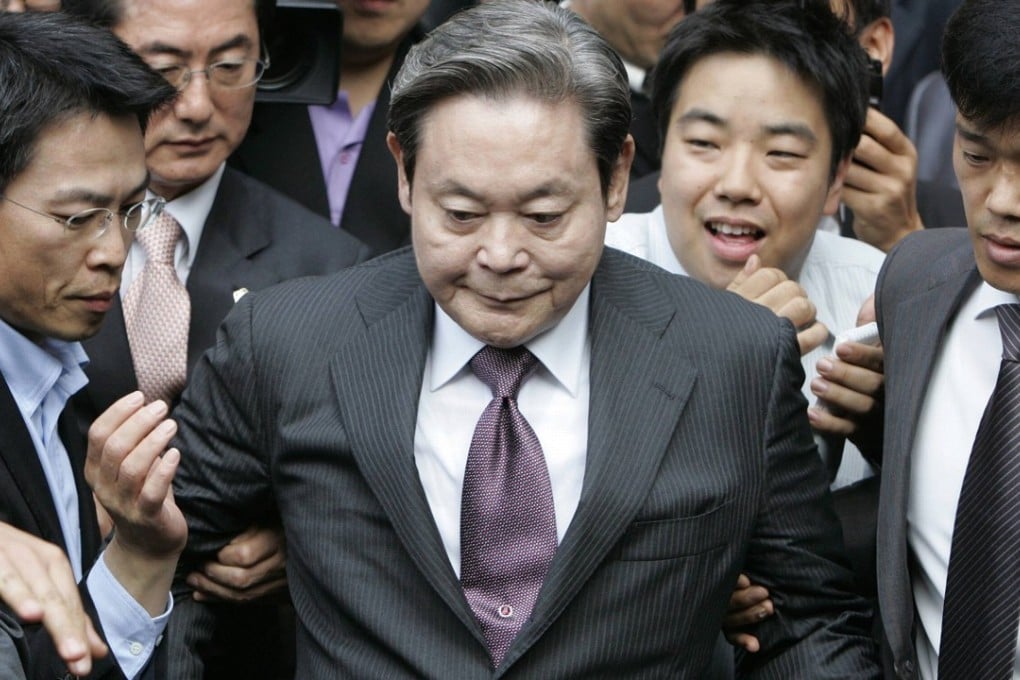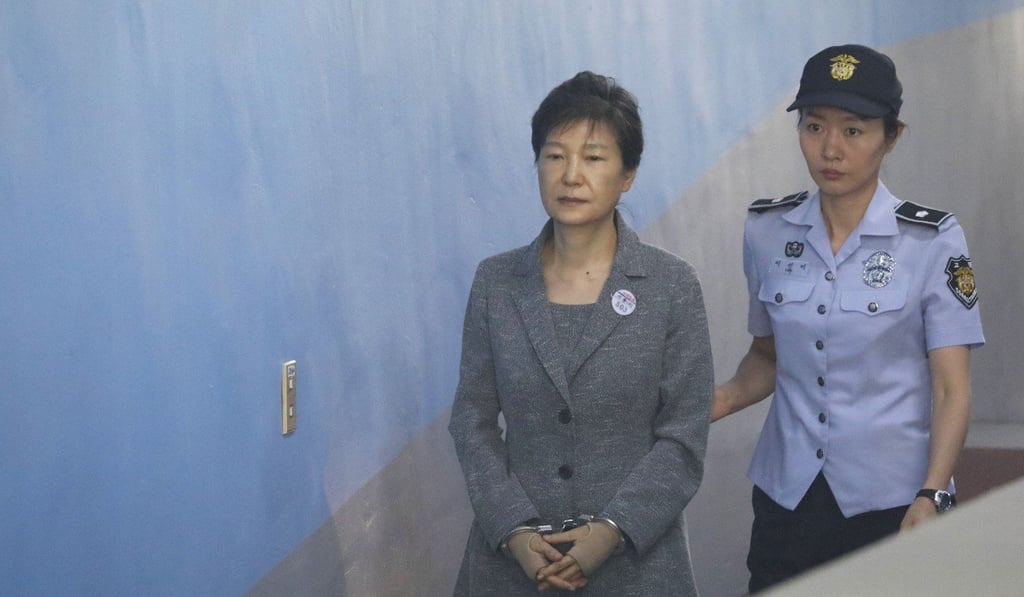Giant killers: the shareholder ‘ants’ taking on South Korea’s scandal-hit Chaebol
The family-run conglomerates that power South Korea’s economy have long been above listening to individual shareholders – or ants. But as the scandals mount, and take down presidents, those ants are fighting back

“I went bankrupt six times. I lost all the money entrusted to me by my mother,” said stock trader Kim Ki-nam. “I planned to kill myself by throwing myself off a cliff over a creek.”
Kim pitched his tent in the mountains, but “didn’t have the courage to die”. He contemplated the tree branches swaying, building a new philosophy about the stock market: “You don’t see the wind that’s moving the branches. What is essential is invisible to the eye.”
In the 18 years since then, Kim, 44, who runs a boutique investment advisory in Seoul, has watched for the invisible: fraud, embezzlement and tax evasion, unmasked over more than a decade at South Korean companies including Samsung, Hyundai and SK.
Amid the corporate scandals, Kim and other shareholders are waging war against the notoriously poor governance of these family-run business empires; called chaebol, they are the foundations on which the South Korean economy rests. In fried chicken and beer joints, in coffee shops in Seoul’s financial district of Yeouido, and in mobile app chats where investors circulate industry gossip, individual shareholders – known as “ants” in investment circles – are getting rowdy and putting up a fight.
Corporate shareholder meetings have stretched for more than a dozen hours as shareholders barrage CEOs with questions; others have stormed the microphone, only to be removed by security. For these shareholders, chaebol are a patriotic symbol of South Korea’s rise from poverty. But recent events show they have become far too powerful, using complex financial and shareholding mechanisms to pass control to family heirs, handing the costs to shareholders and government coffers.
